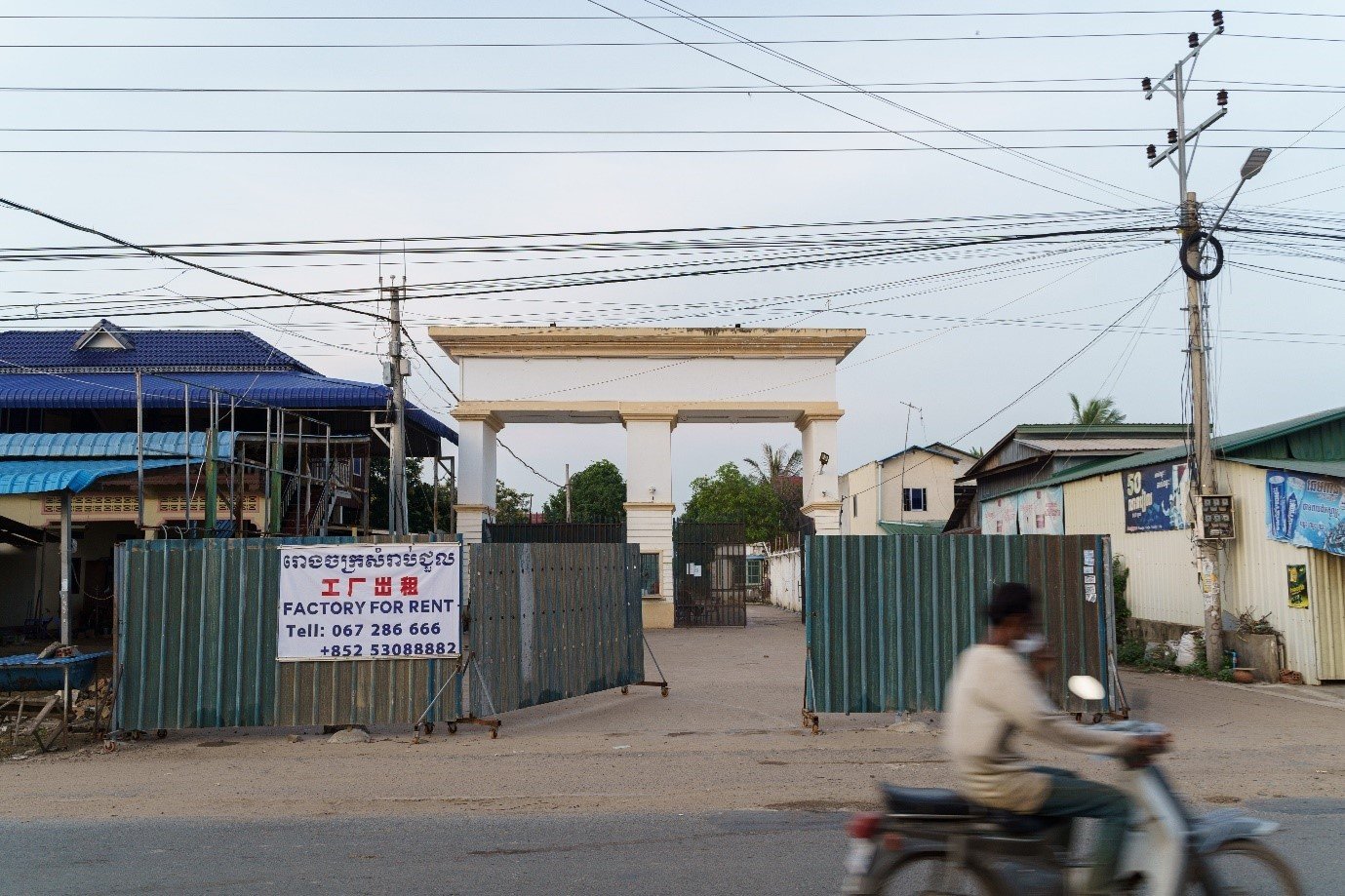We need a Fashion Watchdog
The way many large UK fashion brands buy clothing dumps inappropriate, unexpected and excessive risks and costs onto their supplier factories and undermines smaller fashion brands.
Their actions causes job losses, poverty wages, excessive overtime and unsafe conditions for the people who make our clothes. A Fashion Watchdog could make brands pay what they owe, on time and in full.
MPs who support a fashion watchdog
Before the general election almost 10% of MPs supported a fashion watchdog. A fair number of those supporters are no longer MPs. We will update the list of supportive MPs soon.
Why we need a fashion watchdog
In Bangladesh
In 2021, a research team led by the University of Aberdeen, in collaboration with partners in Bangladesh, undertook projects to investigate the impact of the Covid-19 pandemic on the garment industry in Bangladesh. Between 2020-2021 interviews were conducted with garment workers, trade union representatives, domestic and international NGOs and factory representatives.
Here’s what they found:
-
At least 25% of workers in the surveyed factories lost their jobs during March/April 2020. For those who kept their job many received only 50% to 60% of their usual wages from the EU support provided to pay workers salaries.
-
There was an increase in sexual and verbal abuse and symbolic violence, mainly from line supervisors pushing women to work faster to meet unrealistic production targets.
-
The disruptions from Covid-19 exacerbated interrelated vulnerabilities in economic security, job security, food security, housing security and health and wellbeing, resulting in women workers struggling to support themselves and their families.
In Cambodia
The research in Cambodia has been carried out as part of the Refashion study and the data below comes from a survey of 203 female garment workers in Cambodia undertaken by University of Nottingham, Royal Holloway, University of London and the Cambodia Development Resource Institute.
The research shows:
-
By October 2020, 85% of workers had been suspended from work for a temporary period because of Covid-19 and 7% had been laid off permanently. Average take-home pay in the sector fell by 20%.
-
85% of workers cut expenditure on food, with 20% reporting they did not have enough money to eat.
-
63% of garment workers had borrowed money prior to the pandemic.
-
38% of workers took on additional loans in 2020. By March/April 2021, 68% workers described loan repayments as one of their main financial worry, second only to living costs.



